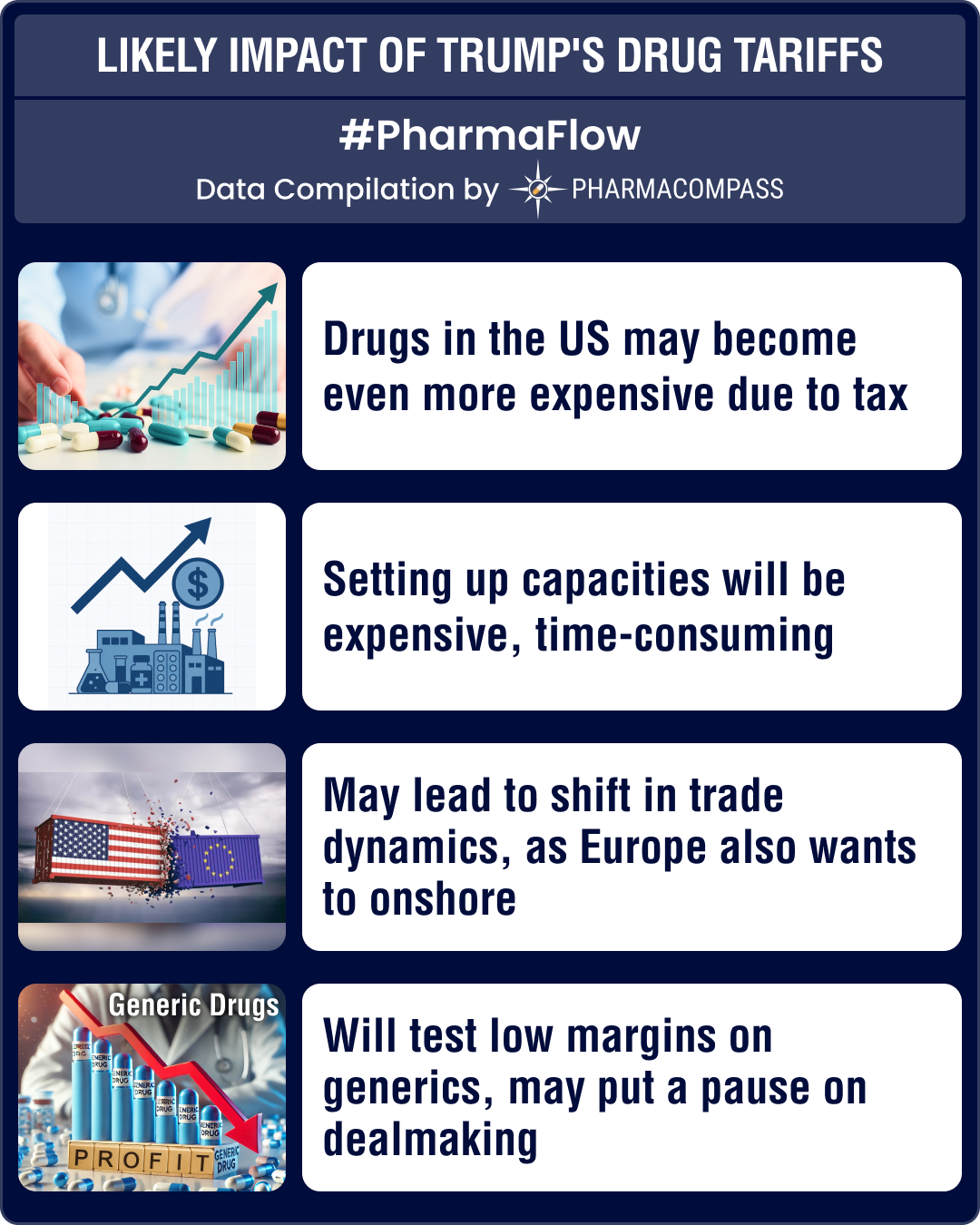
Last week, the European Medicines Agency (EMA) started a review of medicines for which studies have been conducted by Micro Therapeutic Research Labs at two of its sites in India — Chennai and Coimbatore.
This follows a good clinical practice (GCP) inspection undertaken jointly by the Austrian and Dutch authorities in February this year. The GCP inspection had raised concerns about the study data used to support marketing authorization applications of some medicines in the EU.
The findings that 'cast serious doubts on the reliability of data' are similar to those at other customer research organizations (CROs) in India and include:
(i) Electrocardiogram (ECG) recordings that showed inconsistencies. They were concluded to be ‘intentional misrepresentation of (study) data’.
(ii) Non-compliant documentation practices were observed for different study data, including the practice to generate source data retrospectively, documentation of incorrect information, overwriting and changing raw data without ensuring the readability of the initial entry.
After considering the inspection findings, drug regulatory agencies in several countries (including those in Austria, Bulgaria, Croatia, Denmark, Estonia, Finland, Germany, Hungary, Iceland, Latvia, the Netherlands, Norway, Romania, Slovakia, Slovenia, Spain, Sweden and the United Kingdom) requested the EMA to assess the impact of these findings on the benefits and risks of medicines authorized in the EU on the basis of studies performed at the two sites (Chennai and Coimbatore).
The EMA has published a list of the pharmaceutical products for which clinical and bioanalytical parts of the bioequivalence studies were performed at Micro Therapeutic Research and a final decision will be reached by March 2017.
Our view
Earlier this year, the EMA recommended suspending a number of nationally approved medicines for which bioequivalence studies were conducted at Semler Research Centre in Bangalore, India. The EMA’s review followed a US Food and Drug Administration inspection and a World Health Organization (WHO) inspection that had raised serious concerns about the practices at Semler.
In March 2015, the EMA had raised concerns regarding study data used at the Department of Bioequivalence of Alkem Laboratories, a major generic drugs manufacturer in India.
The review led to the conclusion that data from the company could not be used to establish efficacy and safety of the drugs studied.
Similarly, falsified ECGs at GVK Biosciences resulted in the suspension of 700 generic medicines in Europe.
In April, PharmaCompass had asked the question: "Clinical fiascos – what falsified electrocardiograms (ECGs) mean for India’s generic drug industry".
We believe that as the year comes to a close, the question still begs an answer.
The PharmaCompass Newsletter – Sign Up, Stay Ahead
Feedback, help us to improve. Click here
Image Credit : the rhythm of my heart by Gisela Giardino is licensed under CC BY 2.0
“ The article is based on the information available in public and which the author believes to be true. The author is not disseminating any information, which the author believes or knows, is confidential or in conflict with the privacy of any person. The views expressed or information supplied through this article is mere opinion and observation of the author. The author does not intend to defame, insult or, cause loss or damage to anyone, in any manner, through this article.”






